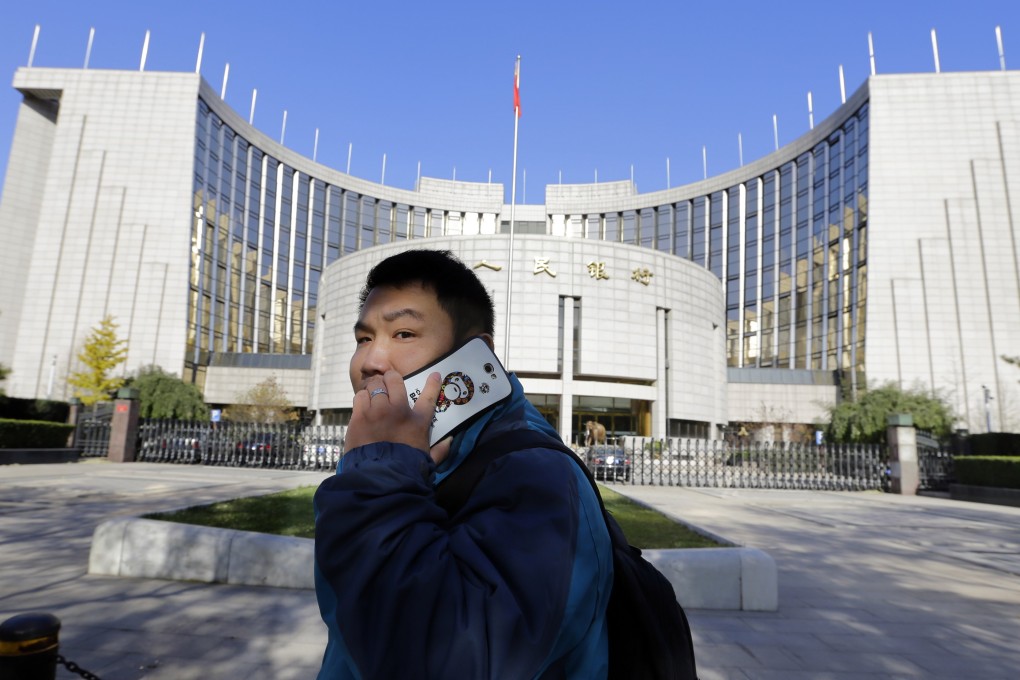No truly free market in China without free exchange of ideas
James Dorn says China has to reform politically to open up economically

Beijing's decision to allow more flexibility in the daily trading band for the yuan-dollar exchange rate, along with the announcement that the People's Bank of China will soon allow banks to pay higher interest rates on deposits, are positive signs that the leadership is serious about giving markets more play. Ending financial repression, however, will require political as well as economic reform.
Free markets rest on institutions that protect private property rights and allow the free flow of information under the rule of law. Market prices provide information and incentives. Getting prices right is not a feasible function for government; only private free markets can do so through the interaction of millions of free individuals.
The real challenge that lies ahead for China is the contest between the individual and the state, that is, where to set the boundaries of state power and individual freedom
Exchange rates can be fixed, as under a gold standard, or they can be flexible. Both regimes are consistent with a free society, provided there are open capital markets. In mid-2005, China ended its peg to the dollar and announced its decision to allow market demand and supply to determine an equilibrium exchange rate.
But China has not made the yuan fully convertible and has an adjustable peg: the central bank sets the reference rate and now allows the daily trading rate to move within a 2 per cent band above or below the parity rate. There is no free-market exchange rate.
To prevent one-way speculation, the PBOC must allow some variation in the exchange rate. If China completely opened its capital markets, the threat of capital outflows would discipline the authorities to normalise the balance of payments, liberalise interest rates, safeguard the domestic purchasing power of the yuan and depoliticise markets. Those reforms, however, would require a much smaller state and a loss of power for the Chinese Communist Party.
If people were free to choose where to invest and what currencies to hold, decentralised markets would supplant state ownership and control of China's financial markets. When PBOC governor Zhou Xiaochuan says "eventually interest rates will be determined by market forces", he must understand that such a reform would undermine state power.